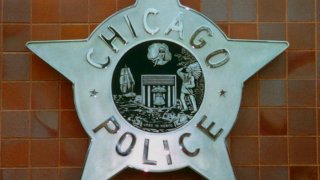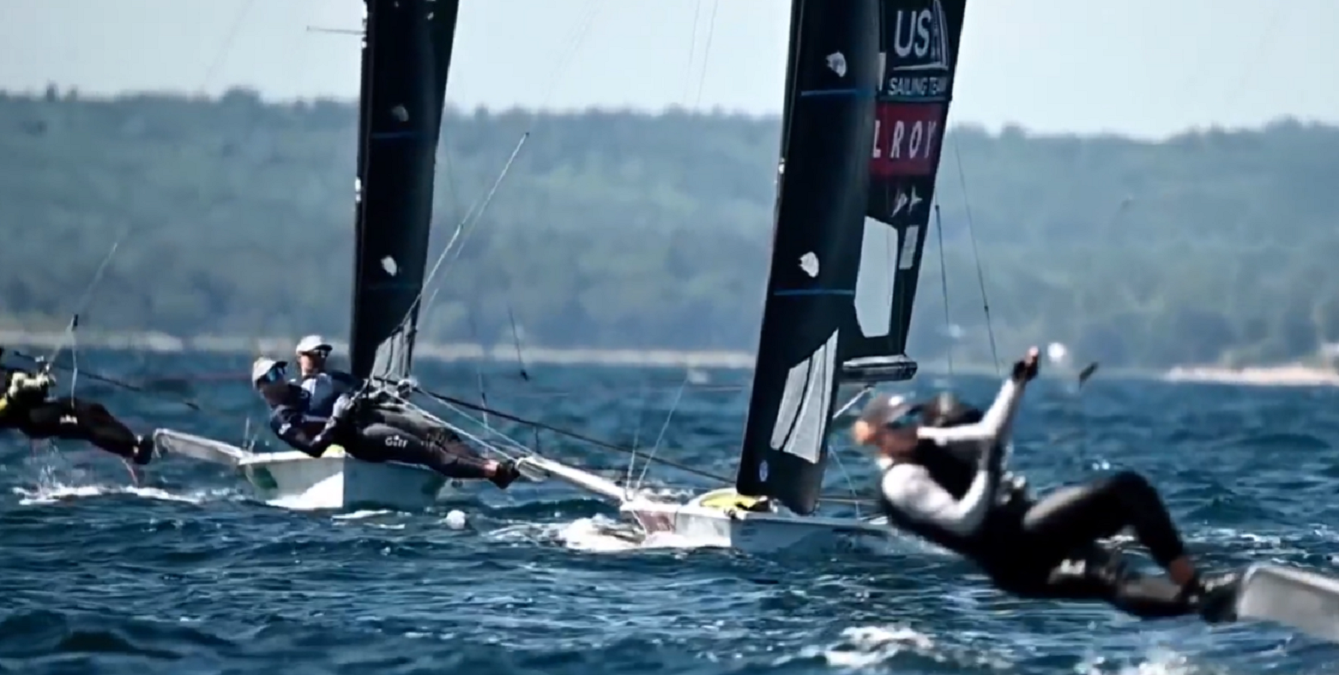
In a case that could have wide ramifications in ongoing efforts to reform policing in Chicago, multiple groups told a federal judge and attorneys for the city on Thursday that officers have repeatedly violated the rights of demonstrators during numerous protests stemming from the killing of George Floyd in Minneapolis last May.
"CPD officers consistently target protesters with unlawful, retaliatory, and lethal force," the attorneys wrote. "Officers' animus against protesters is unmistakable."
The filing came as part of an ongoing consent decree case overseen by Judge Robert Dow, stemming from the shooting of teenager Laquan McDonald in 2014. In an "enforcement letter" attached to Thursday's filing, the attorneys alleged that the actions of officers at the recent protests flew in the face of CPD's intended reforms.
"The Chicago Police Department has responded---and continues to respond--to these protests with brutal, violent, and unconstitutional tactics that are clearly intended to silence protesters," the lawyers wrote. "CPD also targets protesters' property---destroying cameras, phones, and eyeglasses; and confiscating bikes, backpacks, and other belongings."
The City of Chicago has been subject to the agreements under the consent decree, which Dow oversees, for 18 months. In a statement, the city Law Department said contrary to the criticisms, police had not only been trying to follow those reforms, but to exceed them.
But the letter warns that the police tactics at demonstrations had affected the rights of press and legal observers in addition to those of marchers and protesters.
"CPD's persistent failure to adhere to the basic tenets of constitutional policing is quite literally a matter of life and death," they wrote. "CPD's unconstitutional response puts all protesters and other citizens at a risk of death or serious injury."
Local
They threatened to file what is known as an "enforcement motion" seeking emergency relief from the court, if a resolution of the violations could not be reached.
In the court filing, the parties cited dozens of specific instances where protesters had been assaulted, beaten with batons, and pepper sprayed. Other examples were given of retaliation against protesters who were recording the officers' actions, an activity which the consent decree specifically protects.
"Protesters repeatedly reported that CPD officers pushed, shoved, battered and harassed people who were filming acts of police brutality during the uprisings," the attorneys wrote. "Often this resulted in confiscated or damaged cameras, and physical injury to protesters exercising their right to record the police."
The letter gave the City of Chicago a deadline of 3 p.m. Friday to resolve the complaints without court intervention.
The city law department said in a statement that they are reviewing the letter and will respond "in due course".
"For years, this City has been working in partnership with our communities to build a more transparent, accountable and professional police force, and in recent months, we've doubled-down on our efforts to not only meet important milestones mandated by the consent decree but to implement new first-of-their-kind reforms," spokesman Kathy Fieweger said in the statement. "Further, we are committed to ensuring and protecting all individuals' First Amendment rights to peacefully protest in this city."



